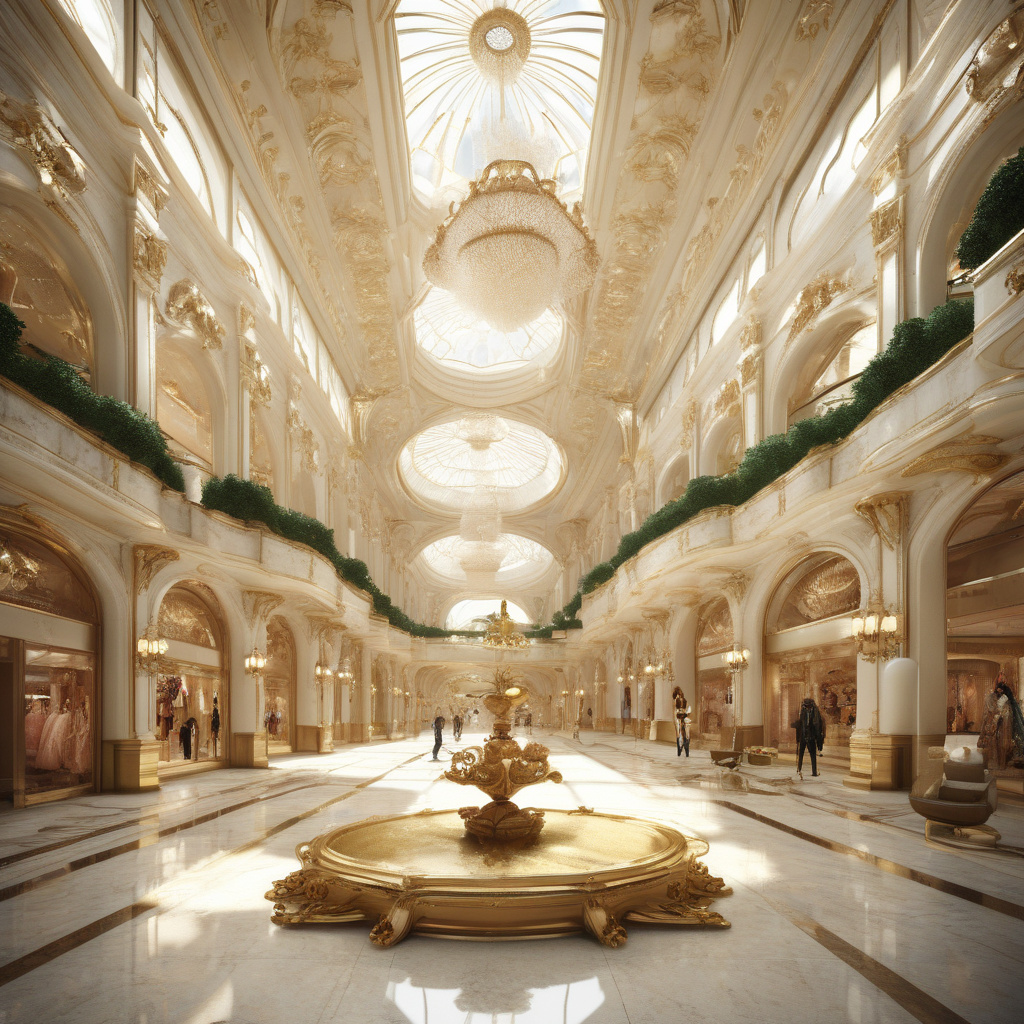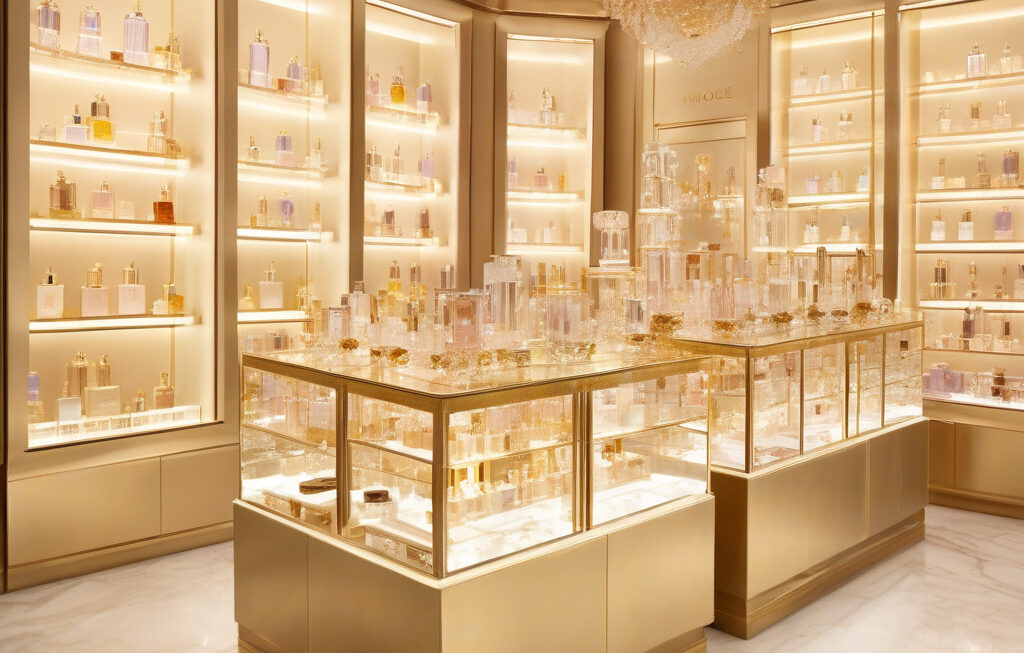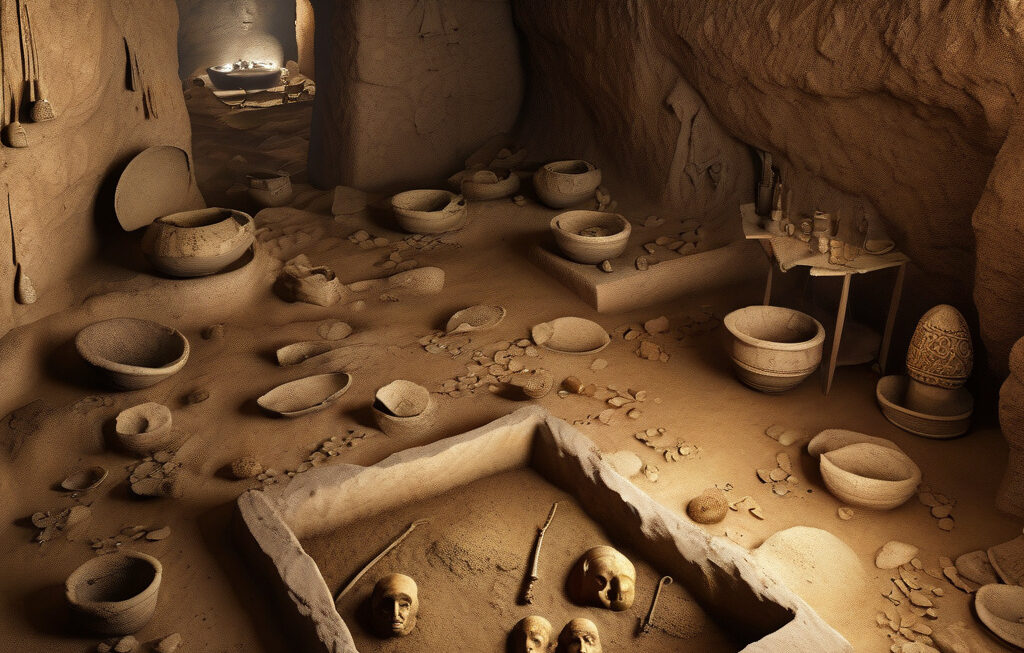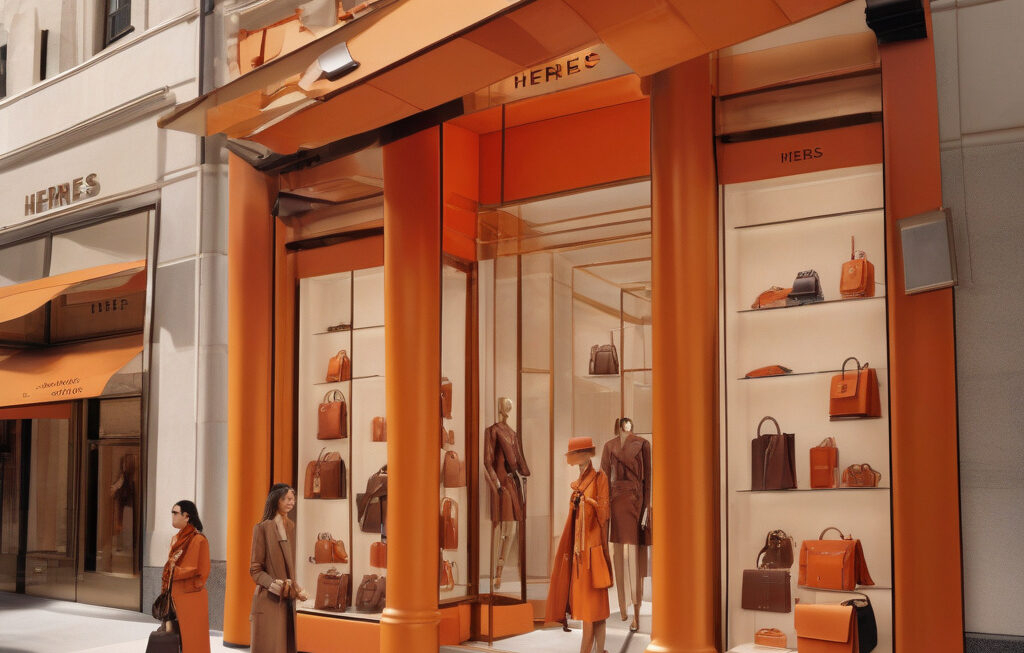Opinion: The Big Luxury Simulation Is Over
The allure of luxury has always been rooted in exclusivity, craftsmanship, and a sense of prestige. However, in recent years, the landscape of the luxury industry has shifted dramatically. Consumers are increasingly questioning the value of the products they are presented with, leading to a growing sentiment that the era of the “big luxury simulation” is coming to an end.
Eugene Rabkin, a prominent voice in the world of fashion and luxury, highlights this shift in a recent article. He argues that the industry has strayed from its roots, focusing more on marketing hype and brand image than on the quality and authenticity of the products themselves. This departure from the core principles of luxury has not gone unnoticed by consumers, who are becoming more discerning and educated in their purchasing decisions.
One of the key issues facing the luxury industry is the proliferation of “luxury-like” products that are mass-produced and marketed as high-end goods. These items may bear the logo of a prestigious brand, but often lack the superior craftsmanship and attention to detail that define true luxury. As a result, consumers are starting to see through the facade and are demanding more substance from the products they invest in.
Furthermore, the rise of social media and digital marketing has played a significant role in shaping consumer perceptions of luxury. While these platforms have allowed brands to reach a wider audience and create a sense of aspirational lifestyle, they have also exposed the industry to greater scrutiny. Consumers now have access to a wealth of information and are more informed about the production processes, sourcing practices, and ethical standards of the brands they support.
In response to these changing dynamics, some luxury brands are beginning to reevaluate their strategies and refocus on what truly sets them apart. Companies that prioritize transparency, sustainability, and quality are resonating with consumers who are seeking authentic experiences and products with a story to tell. By investing in craftsmanship, innovation, and ethical practices, these brands are building trust and loyalty in a market that is hungry for substance.
As the era of the big luxury simulation draws to a close, there is an opportunity for brands to redefine what luxury means in the modern world. By listening to consumer feedback, adapting to changing values, and staying true to their heritage, luxury companies can regain the trust and respect of their audience. Ultimately, the future of luxury lies in authenticity, creativity, and a genuine connection with consumers.
In conclusion, the tide is turning in the world of luxury, with consumers demanding more than just a logo or a label. The era of the big luxury simulation is indeed over, giving way to a new chapter of meaningful, purposeful luxury that resonates with the values of today’s discerning consumers.
luxury, simulation, authenticity, craftsmanship, consumerpreferences












